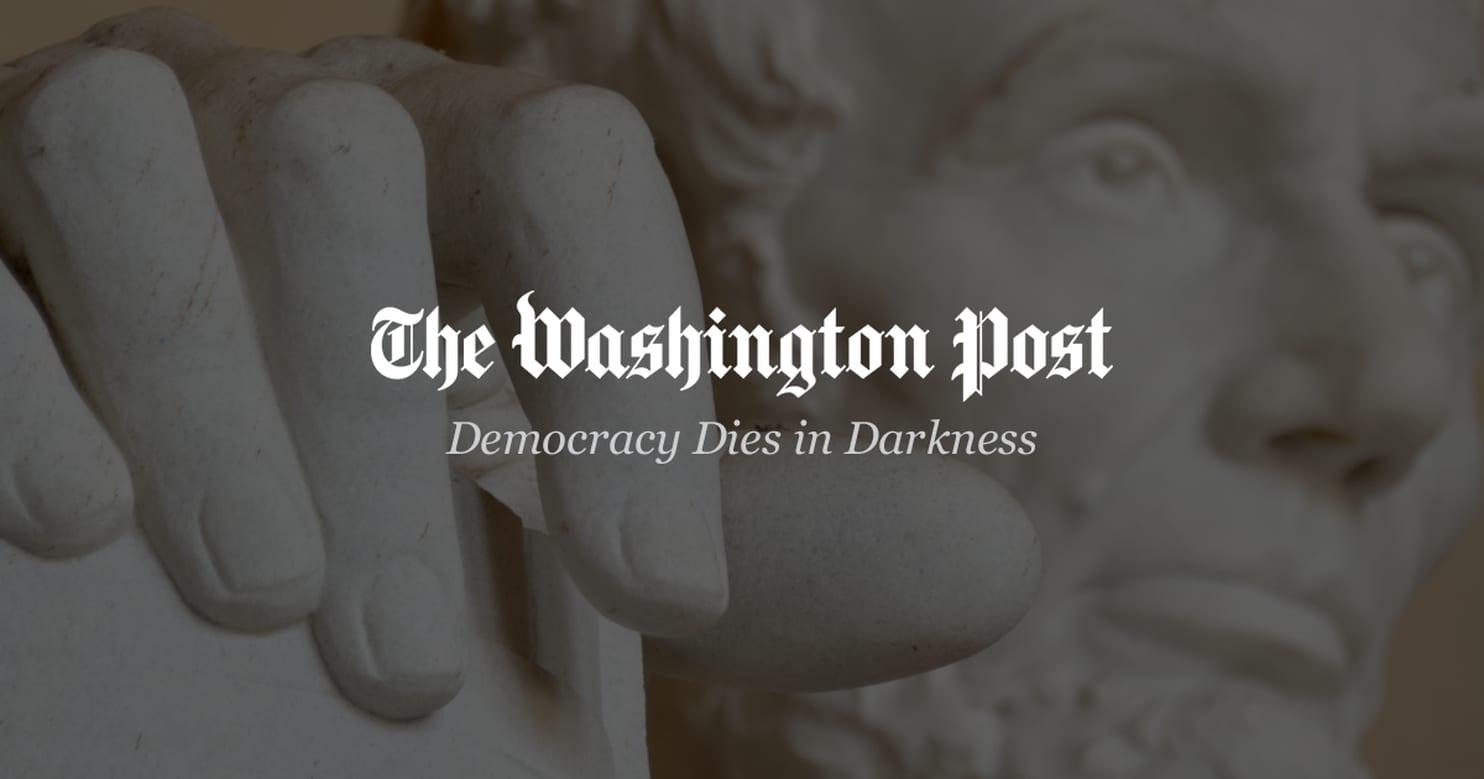
The Maryland Department of Health failed to adequately track federal reimbursements it received during the height of the pandemic, leading to more than $1 billion in unaccounted-for funds, according to an audit made public Tuesday.
At the end of fiscal 2022, the department could not account for $3.5 billion in reimbursed funds the agency should have received from the federal government, according to the report published by the state Office of Legislative Audits. By April, the agency had recovered $2.1 billion of those federal funds, leaving $1.4 billion of those funds that should have been reimbursed undocumented.
Gov. Wes Moore (D) said Wednesday during an unrelated public meeting that the audit “raises significant concerns about how finances were documented and handled at the Department of Health during the previous administration.”
The governor, who took office in January, said he is committed to ensuring “that we improve fiscal discipline and that we use best practices to ensure that Maryland’s government does better going forward and it’s not just within the Department of Health. … We have to make sure fiscal responsibility is something we hold ourselves to.”
A representative of former governor Larry Hogan’s administration did not immediately respond to a request for comment.
Maryland Secretary of Health Laura Herrera Scott said the agency is deeply concerned about the “severe findings” in the audit, which covered a period before her appointment to lead the agency. Most of the agency’s top leadership had already changed before the audit was completed, during the transition between Hogan (R) and Moore.
“In short, the report raises grave concerns about the stewardship of taxpayer dollars during a critical period for public health,” Herrera Scott said in a statement. “The Department is moving swiftly to correct these issues using all tools available.”
Some Maryland officials fear that state taxpayers could be on the hook to fill the $1.4 billion gap if efforts to recover those funds don’t succeed, but others said it may be possible to fix the accounting errors identified in the audit without dipping into future budgets.
State Sen. Clarence K. Lam (D-Howard), who chairs the Joint Audit and Evaluation Committee and has been a vocal critic of the Health Department under the former administration, said the audit is the worst he has ever seen. He compared the department’s financial situation to that of an employee who failed to keep track of receipts and records of reimbursement payments while traveling for business.
The Health Department haphazardly filed for reimbursements from the federal government, often delaying those requests for months, the audit said. The agency then failed to keep track of the reimbursement payments it received, according to the audit, leading to uncertainty over whether the state had submitted all of its eligible expenses on time or received all of the federal money it was owed.
“In the worst-case scenario, there could be $1.4 billion of unaccounted-for, irrecoverable dollars that we may not be able to seek reimbursement for from the federal government,” Lam said.
The audit includes 17 findings of deficiency, including five redacted cybersecurity findings related to a December 2021 ransomware attack at the Health Department that delayed the completion of the audit and waylaid some of the agency’s work during the chaos of the pandemic. The department acknowledged that all of the publicly disclosed audit findings were factually accurate and agreed to adopt recommendations to address the concerns raised in the 71-page report. The agency’s response to the cybersecurity findings was redacted from the report.
The audit also identified several problems with the Health Department’s contract procurement process. In one instance, the audit said the agency used an emergency contract originally intended to address the pandemic to perform unrelated services, without documenting those services or payments to the contractor. Auditors could not verify the propriety of $60.4 million in payments under that contract, nor could they confirm that the department received the services it paid for. The Health Department also sometimes failed to comply with state procurement regulations and did not always publish contract solicitations and awards as required, the audit said.
The Health Department lost $6.4 million in investment income because it failed to recover $973.3 million in federal funding in a timely manner, the audit said.
Another issue raised by the audit involved the Health Department’s inconsistent payroll activities. Some former employees continued to be paid after their final day of work, according to the report. Out of 76 terminated employees reviewed in the report, auditors found 45 had been paid at least one extra day, for a total of $151,000. But the audit also noted that 6,282 employees left the agency during the audit period and 1,049 of those terminations were processed at least one day after the official last day of work, which could mean that the department accidentally overpaid far more people. The audit recommended the agency do a comprehensive review to see how often it continued to pay former employees after their final day on the job.
The Health Department, now under Herrera Scott’s leadership, vowed to make changes aimed at correcting the problems identified by auditors. The agency hired an outside accounting firm to revamp its fiscal practices moving forward. All contract procurement has been centralized under one office, and new leadership has been put in place with orders to ensure the department complies with state laws and regulations when working with independent contractors. The agency also implemented new cybersecurity measures, including comprehensive policies, training, testing, and detection aimed at preventing future attacks.
Ovetta Wiggins contributed to this report.
